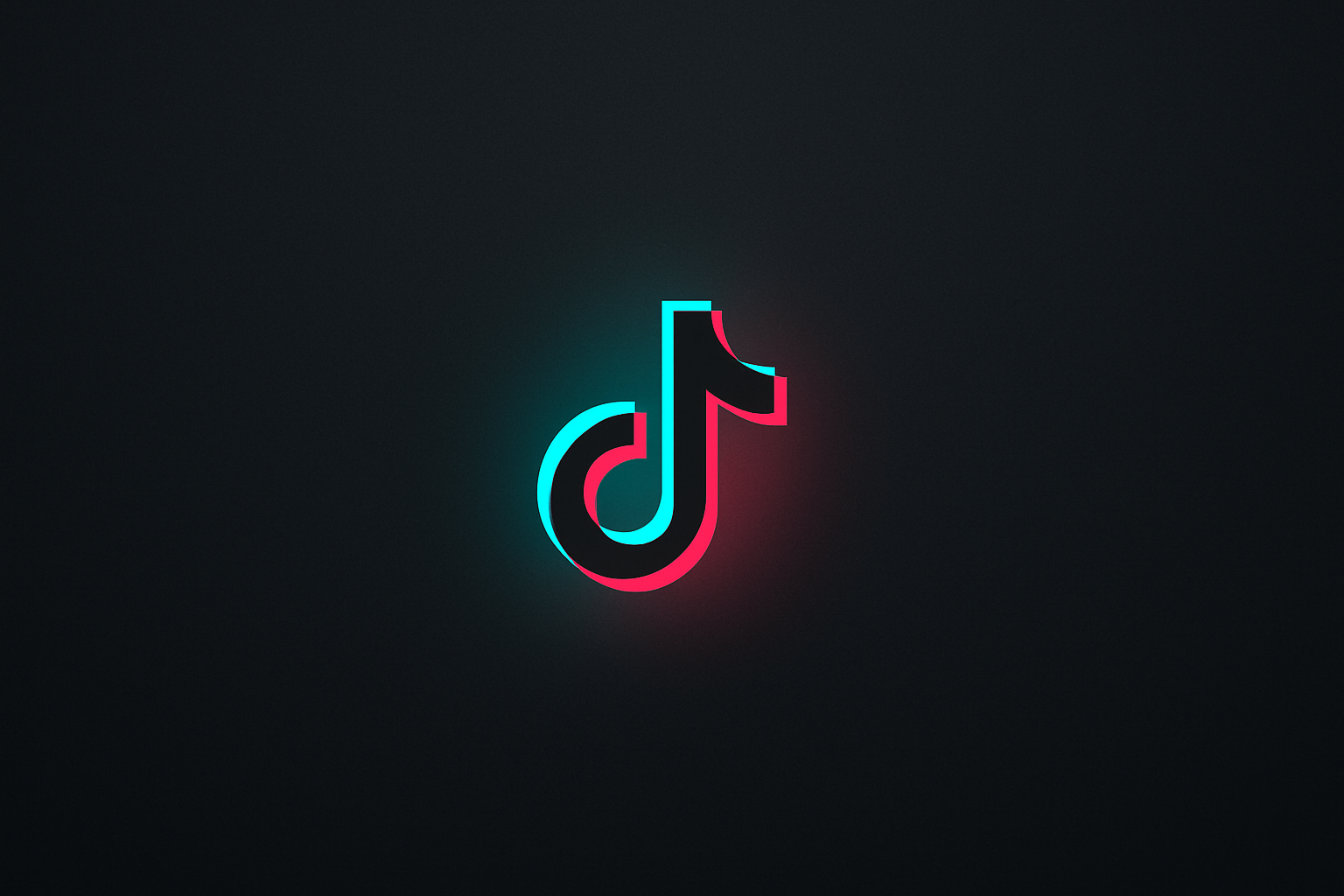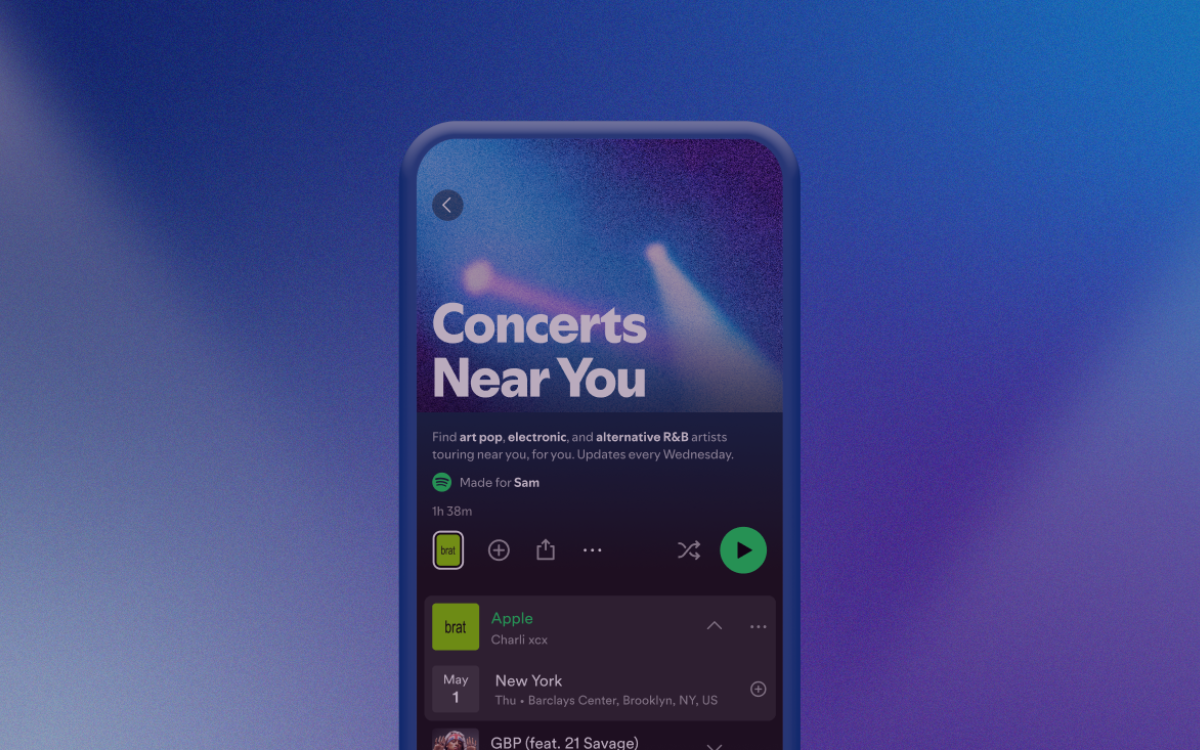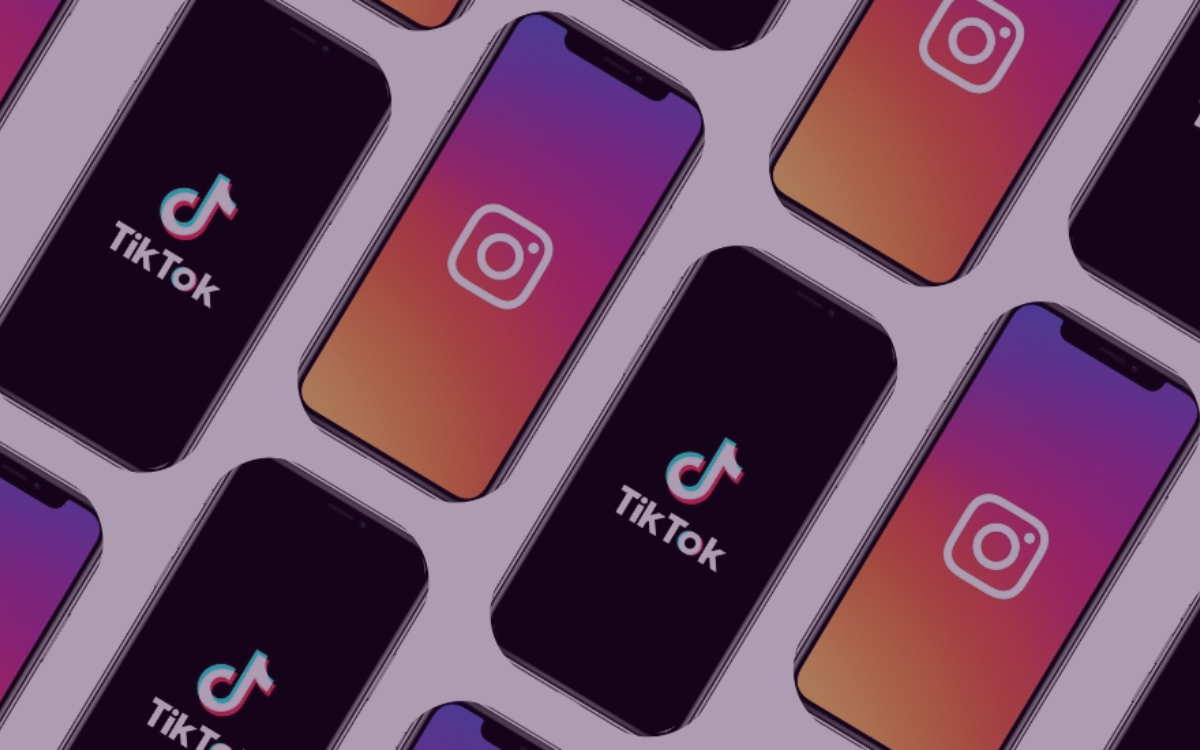Every day, Deezer sees over 20,000 tracks entirely generated by artificial intelligence, that’s 18% of all new content uploaded, up from 10% in January 2025. At a glance, discover how Deezer detects this surge of algorithmic music, why it marks a turning point for the industry, and how you, as artists and creators, can ride the wave instead of being swept away.
To preserve the authenticity and income of artists, the platform launched in January 2025 a patented detector capable of identifying tracks generated by AI models with 99.8% to 100% accuracy. Instead of removing them, Deezer clearly labels these tracks and excludes them from its recommendations, while keeping them accessible through search.
In October 2024, Deezer became the first streaming platform to sign the Global Statement on AI Training, taking a stand against the unauthorized use of protected works to train AI systems. This move reinforces its role as a champion of fairness in the music industry.
According to Business AM, Deezer is now “overwhelmed.” This tidal wave marks the beginning of a profound transformation in music streaming, where discovery and curation tools must adapt to an increasingly hybrid catalog. However, these AI-generated tracks are often trained without authorization on pre-existing works, which directly threatens copyright protection: major record labels have filed lawsuits against generators like Suno and Udio for large-scale infringement, denouncing the dilution of both revenues and recognition for human artists. According to a report by CISAC, this trend could cost creators up to 24% of their revenues by 2028, underscoring the urgent need for robust legal and technological frameworks to safeguard the music ecosystem.
For you, artists and all those affected by this AI revolution, here’s how to ride the wave rather than be overwhelmed by it: capitalize on your authenticity by scheduling live sessions and acoustic versions, which strengthen the direct connection with your audience and clearly set you apart from AI-generated productions. Carefully curate your metadata (titles, credits, genres, and descriptions) to ensure clear attribution and avoid any confusion with automatically generated tracks. Finally, leverage the analytics available in Deezer for Creators to monitor your streams and interactions in real time, identify your true hits, and fine-tune your release strategy to maximize the impact of your real productions.
While Deezer is currently assembling its technical and ethical defenses, the true balance between human creativity and algorithmic power will be determined in the near future. Imagine co-piloted sessions where AI, through diffusion models and transformers, suggests novel harmonic variations and unique textures to enrich your sound without erasing your personal imprint. In the coming months, lawmakers will define clearer boundaries around fair compensation and intellectual property in the generative era, while platforms will continue exploring innovative formats (hybrid concerts, adaptive playlists) to showcase this unprecedented synergy. The rise of AI-assisted music raises the question of how to balance technological innovation with the integrity of artistic works.



